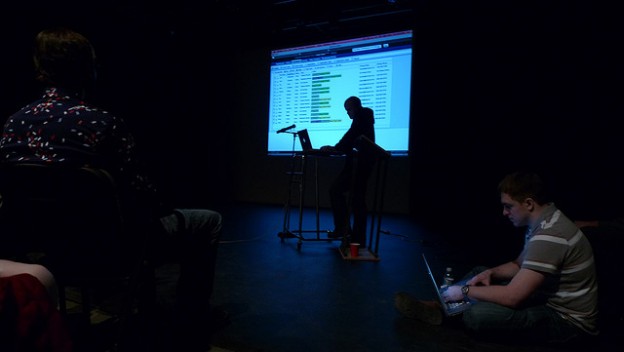How do you prepare for your business presentation, lecture, or speech? How prepared should you be? Is it better to over plan or are you better off simply knowing your material, and letting the words flow freely? If it is a PowerPoint or other kind of video presentation, how much should you say?
Those are all good questions, and there is no one answer. But, in general, it is better to be more prepared and polished rather than less. In other words, it will not hurt you to have every word that you plan on saying on paper, even if, while you are speaking, you decide to vary from your plan. You should have the script of your electronic presentation on paper and in front of you while it is running, just in case of mechanical failure.
To begin with, before you write a speech, organize a lecture, or create a PowerPoint or any other type of presentation, you must thoroughly know your subject. Whether this means collecting and organizing notes, reviewing files, or spending time researching your subject, you should know it inside and out. And…be prepared to answer questions, should they be asked. Do not be lulled into believing that you are bulletproof just because you have put together a graphics presentation. What if your software fails or the hardware does not work? You should be prepared to fill in, if you have to do so.
Even if all of your electronic components work, including audio files that may be part of the presentation, you cannot simply stand there as if you are part of the audience. You must know each and every frame that is about to appear. This is true of a slide or overhead projector presentation also.
Recently, I attended a PowerPoint presentation about retirement plans. The presenter stumbled and fumbled over almost every picture, graph, and chart. And…that is besides the fact that much of the text contained grammatical and spelling errors! Needless to say, I was not impressed with his presentation or his product.
If you are speaking, as opposed to an electronic presentation, you cannot simply read from your note cards. You must practice until you sound relaxed, self-assured, and professional. That does not mean you must be a tower of unyielding seriousness. A few well-placed bits of humor never hurt. Of course, if your subject is a grave or solemn one, then you may want to leave out the comedy.
The most important point in terms of preparing a presentation is that you must be organized, both in terms of your research and your approach. Nothing is more of a turn-off than having to listen to a speaker who is uncomfortable and unsure of what he or she is saying. So…be prepared!
